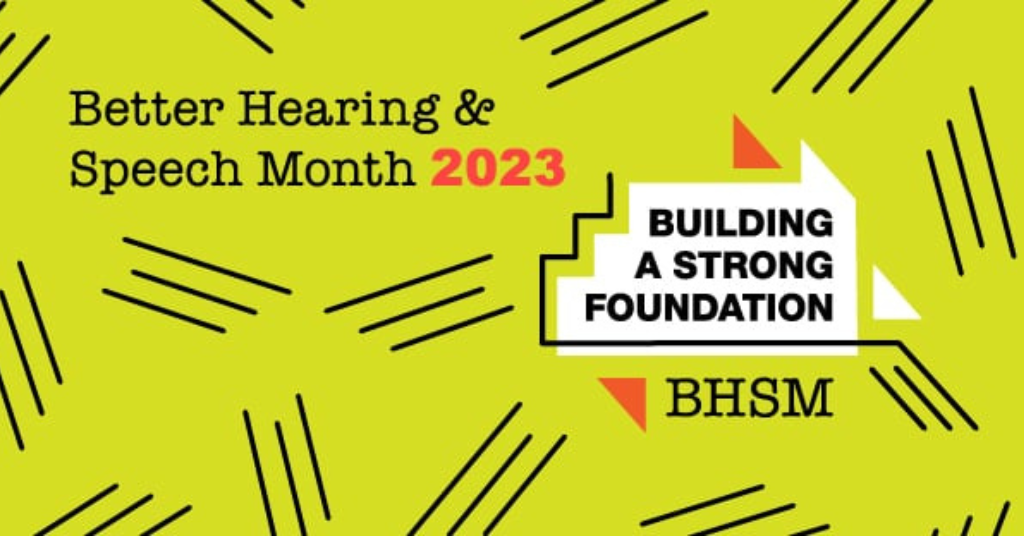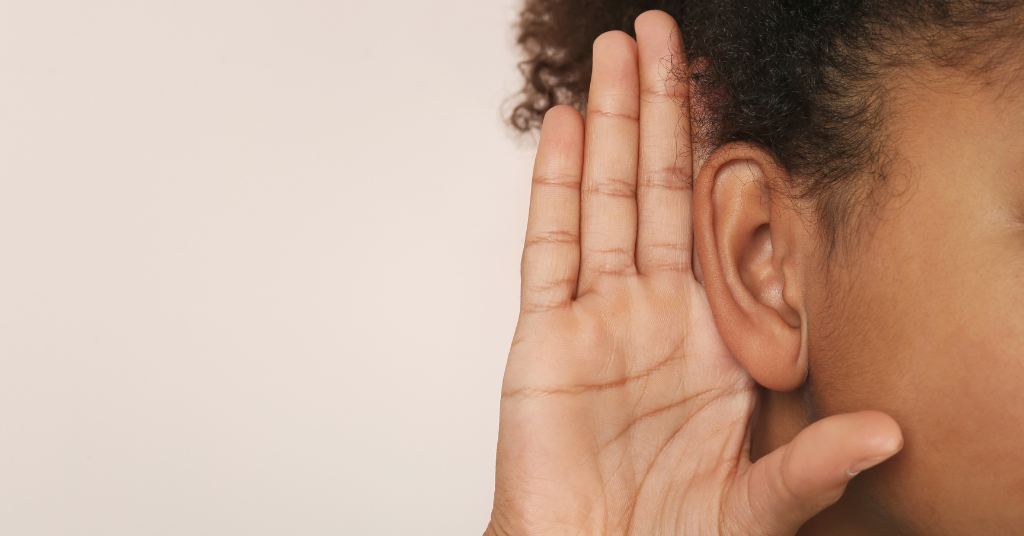
How my hearing loss accommodations have evolved over time
May 27, 2019
A Bird’s Eye View into the Evolution of Hearing Aids
May 28, 20195 ways to cope with hearing loss

Hearing loss offers many challenges, including often throwing obstacles in our path. It is up to us to implement strategies to smooth out our path. With a little foresight, these annoyances can often be avoided. Here are some ways to cope with hearing loss.
Facing Reality
Often at the beginning of our hearing loss journeys, there is a reluctance to acknowledge that we have become different from the hearing mainstream. This is a big mistake. Why? Because it’s too easy to play the blame game and enter into the “poor me” mindset just because life has changed. Once an audiologist has diagnosed your hearing loss and prescribed hearing aids, this is only the start of things.
For many people new to hearing loss, it can feel like the end of all normality and the beginning of the end.
This is by no means an unusual way to feel, but it doesn’t have to be like this. All you need is a little planning and a certain amount of attention to detail.
Get Personal Status Alerts
One of the worst things about being hard of hearing is not knowing when someone has started talking to you. Because of the way the brain works in translating the technology of sound into our ears, there is a short pause before things kick in. This is especially so if you, like me, use hearing aids with automatic volume adjustment. Your attention is alerted to a sound, but sadly it is often only after a word or two has been spoken first. This can be really annoying, because it leads to having to ask people to repeat themselves. Of course, the whole point of wearing and using aids is to eliminate this as much as possible.
There is a simple solution to this problem. Ask those around you to call your name before speaking to you. I am only too aware that unlike in film and TV shows, people in real-life tend to hardly ever use names in daily conversation, as it can feel a little artificial and stilted. However, in this situation, it can feel like a life-saver for both parties. We are conditioned to turn and look when we hear our name spoken. This may sound a little too simple, but try this. Your conversations will begin to flow in a more natural way. It doesn’t do any harm to your stress levels either.
Give Others a Heads Up
For various reasons, those of us with hearing loss are usually more than a little backward in coming forward, so to speak. We tend to be reluctant to mention our hearing challenges to others. This is due in no small way to the stigma attached by many people to hearing loss and deafness. Unlike in the past when it was quite obvious that someone was wearing a hearing aid, with the modern tiny, often almost invisible aids, this is not usually the case. Therefore, it is up to us to call attention to our hearing loss.
If we fail to do this, the hearing person is put in a difficult situation. S/he will fail to compensate for your lack of hearing when s/he assumes that your hearing is on par with his/her own. This can be remedied by just mentioning in a casual manner that you have a hearing loss.
Face to Face
This might sound a little odd, but just bear with me with this. Think about how a normal conversation goes. You’ll notice that far from spending time looking at each other like love-sick teens, the majority of the population glance all over the place. There are many reasons for doing this, from shyness to personal space issues, and even lack of confidence. The problem is that looking around might be okay for those with good hearing. For those of us challenged with hearing loss, it is anything but a great experience.
Hearing aids have microphones and when a sound moves a lot, so too does both the volume and the clarity of reception. One big issue is that at times like these, an aid’s technology will often become confused as to what the sound is and whether to classify it as background noise or foreground sound. This can be remedied by being sure you stand facing the person you are talking to. People with hearing issues also as a rule pick up information from lip shapes, even if they are not experienced lip readers.
If It’s Important, Repeat It
At times when we are challenged by hearing issues, it can be easy to make mistakes and mishear things said to us. While it might be tempting to just assume that you know what has been said to you, it is better to make certain. If you are being told names, numbers, or other important information, get into the habit of repeating what you’ve just been told back to the person in order to get confirmation. This will make for far better communication. It will also boost your own personal self confidence.
Read more: I felt isolated with hearing loss, until I did this
What I Really Really Want
At times, we expect others to be mind-readers, which isn’t really fair. If it’s true that hearing people always expect the rest of the world to hear, it can also be said that sometimes people with hearing loss assume that those around them know they have hearing loss. This can be a little like banging your head against a wall, because nothing will change unless someone makes more of an effort. Enter the nice, thoughtful person with hearing loss. It is far better to be the one who quietly explains that you have hearing difficulties and then go on to explain what you need.
Most people, when asked to do something simple in a perfectly reasonable way, will be only too willing to help. If you need a person to face you and speak slowly, say that. Or you might ask them to move away from a distracting sound like a counter with noisy coffee machines and too many background sounds. Requests like this are perfectly reasonable. They’ll usually make people take more care with how they speak to you.
“Most people, when asked to do something simple in a perfectly reasonable way, will be only too willing to help.”
Perspective
As you can see, it isn’t a huge amount of change that’s needed. Just a few simple changes in how we handle our own unique hearing challenges can make a world of difference in our daily lives.
What are some other ways to cope with hearing loss?



